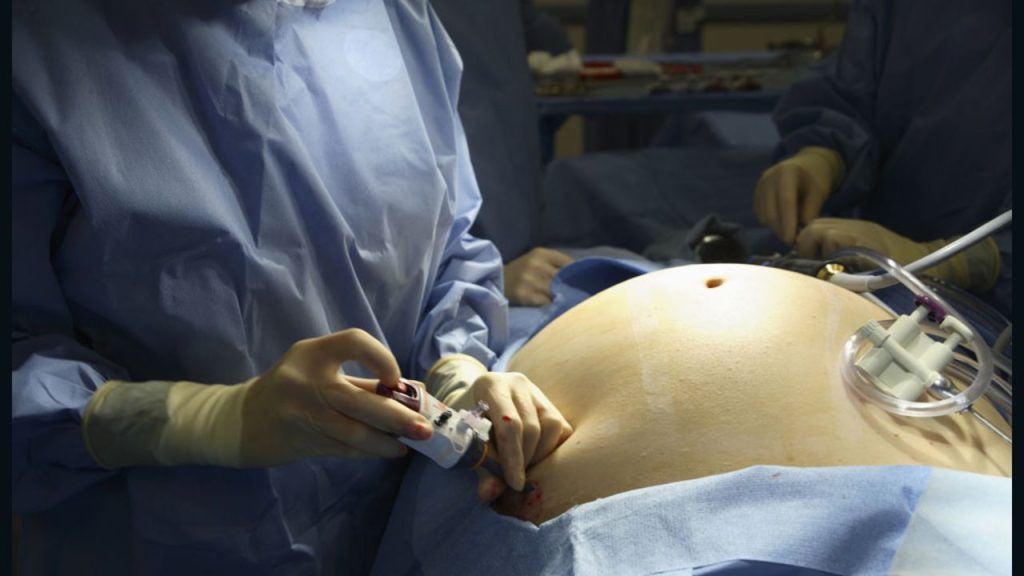So, keeping the above discussion in mind, let’s learn about its risks and complications as per the doctors of bariatric surgery in Chandigarh.
1. Surgical risks
Bariatric surgeries are major procedures that involve changing the individual’s gastrointestinal tract. As with any surgery, there are general risks involved, such as:
- Infection: Surgical sites can become infected, leading to complications if not promptly treated.
- Bleeding: Excessive bleeding during or after surgery is a possible risk that may require additional medical intervention.
- Blood Clots: Blood clots can form in the legs (deep vein thrombosis) and travel to the lungs (pulmonary embolism), posing a serious threat to health.
- Anesthesia Complications: Adverse reactions to anesthesia can occur, though these risks are minimized through careful preoperative evaluation.
2. Nutritional Deficiencies
After bariatric surgery, the stomach’s reduced size or bypass of a portion of the small intestine can limit the body’s ability to absorb essential nutrients. Moreover, Vitamin and mineral deficiencies, including vitamin B12, iron, calcium, and folate, may lead to conditions like anemia and osteoporosis. Patients must adhere to a lifelong regimen of vitamin and mineral supplements to prevent these deficiencies.
3. Psychological and Emotional Complications
Bariatric surgery is not solely a physical journey but has psychological and emotional implications. Patients may experience changes in body image, mood swings, or even depression as they adapt to their new lifestyle and body changes.
4. Postoperative Complications
Following bariatric surgery, some patients may face complications such as hernias, infections, or incisional problems, requiring further medical attention.
5. Gallstones
Rapid weight loss after bariatric surgery increases the risk of developing gallstones. Gallstones can cause pain and, in severe cases, require surgical removal of the gallbladder.
6. Gastroesophageal Reflux Disease (GERD)
Some patients may experience or worsen gastroesophageal reflux disease, which causes stomach acid to flow back into the esophagus, leading to heartburn and other discomforts.
7. Strictures and Obstructions
Sometimes, scar tissue or swelling may cause stomach or intestine narrowing, leading to strictures. Additionally, intestinal obstructions may occur due to twisting or narrowing the intestines.
8. Dumping Syndrome
Dumping syndrome is a common complication following gastric bypass surgery. It occurs when food moves too quickly from the stomach to the small intestine, leading to nausea, vomiting, diarrhea, dizziness, and sweating. Avoiding certain foods and eating smaller, more frequent meals can help manage this condition.
The Bottom Line
Bariatric surgery can be an effective tool for weight loss and overall health improvement for individuals with severe obesity. However, patients must know the procedure’s potential risks and complications in a weight loss surgery in Chandigarh.





